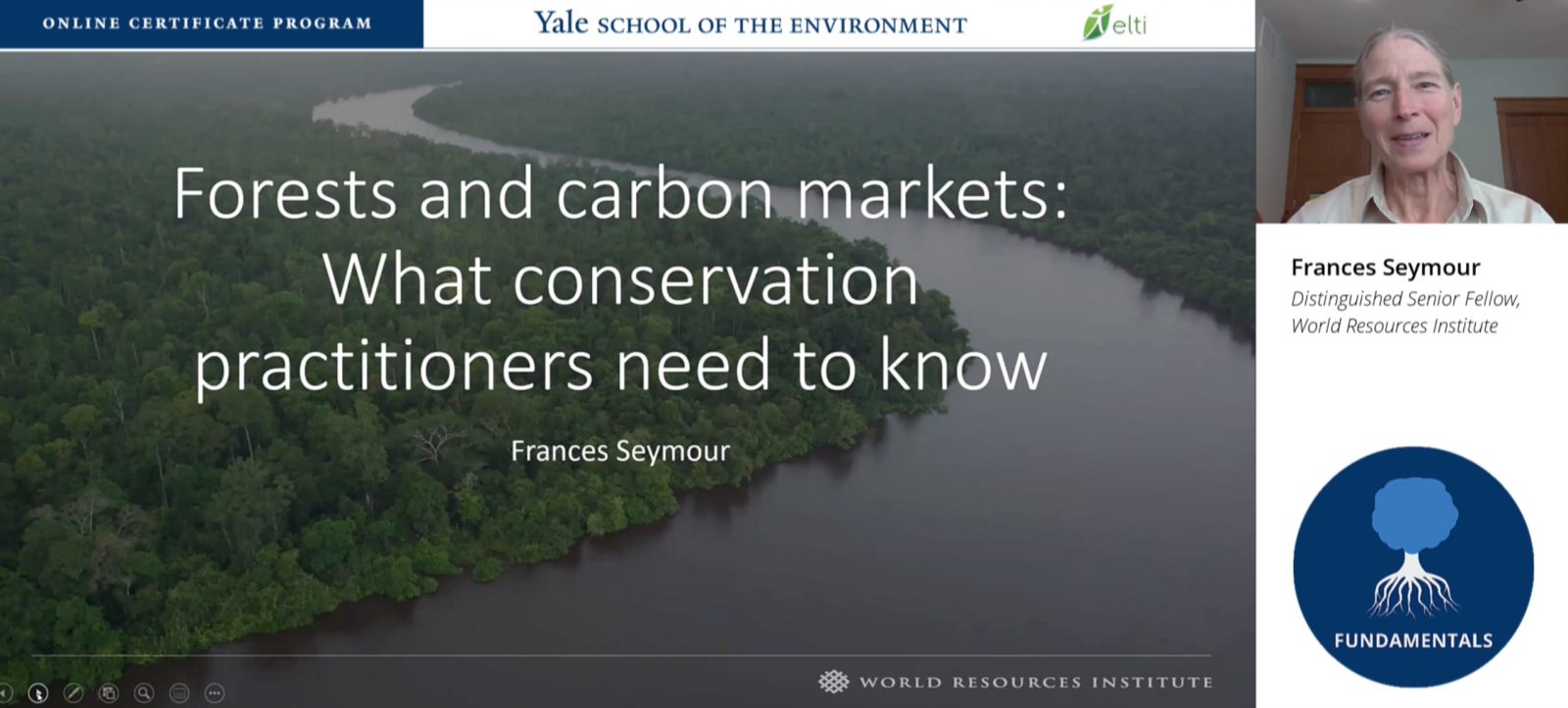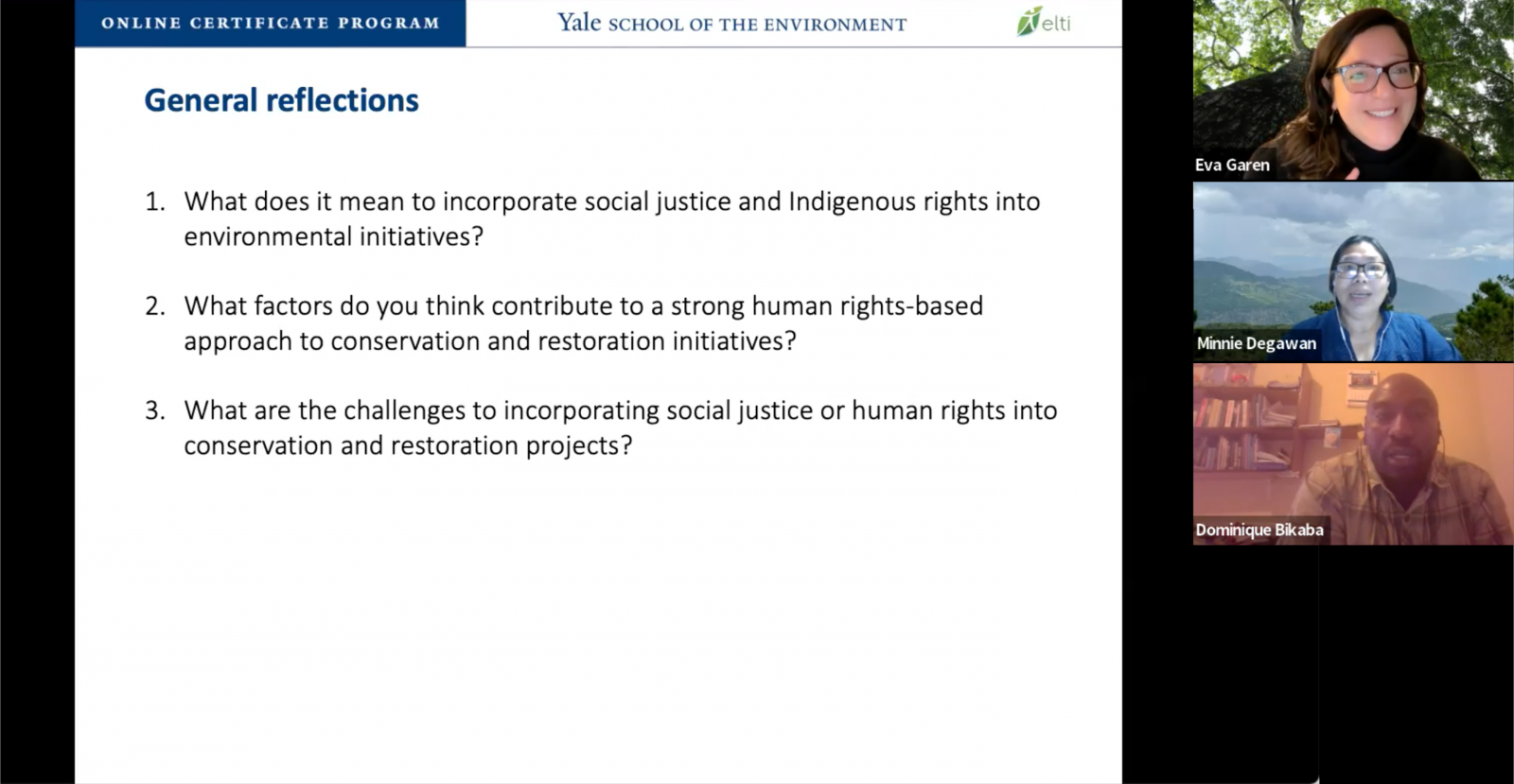Instruction Team
PROGRAM COORDINATORS & MENTORS
Program coordinators & mentors from Yale's Environmental Leadership & Training Initiative will guide you every step of the way. We will ensure that you have the resources you need to achieve your learning goals. You choose the schedule that works for you; we help you stay on track.
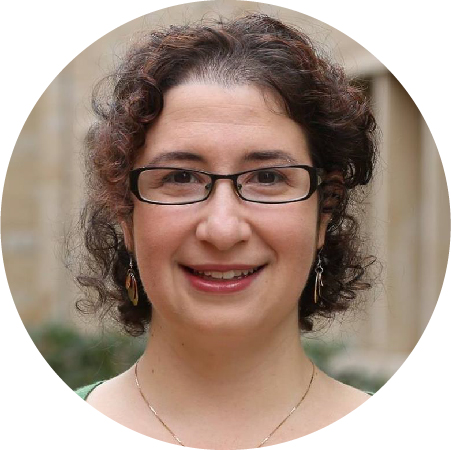
Gillian Bloomfield, M.F.S.
Tropical Restoration & Management Environmental Leadership & Training Initiative, Yale School of the EnvironmentGillian Bloomfield is the associate director of online programs at ELTI. She holds a Master of Forest Science from the Yale School of the Environment, where she studied the restoration of native biodiversity, forest health and ecosystem services in human-modified landscapes. Her passion for sustaining forests and local livelihoods began while living in Costa Rica as part of her dual Bachelor’s degree in Spanish and the interdisciplinary Biology & Society program at Cornell University. She specializes in the synthesis of scientific findings and facilitation of knowledge exchange among diverse audiences through printed mediums and online course design. She first joined the ELTI team in 2010 to design the Tropical Restoration Library and prepare training materials for ELTI's Neotropics and Asia programs. Since 2011, Gillian has played a leadership role in the design and delivery of ELTI's online programs, including the suite of online and blended (online and field) short courses and the Tropical Forest Landscapes online certificate program.
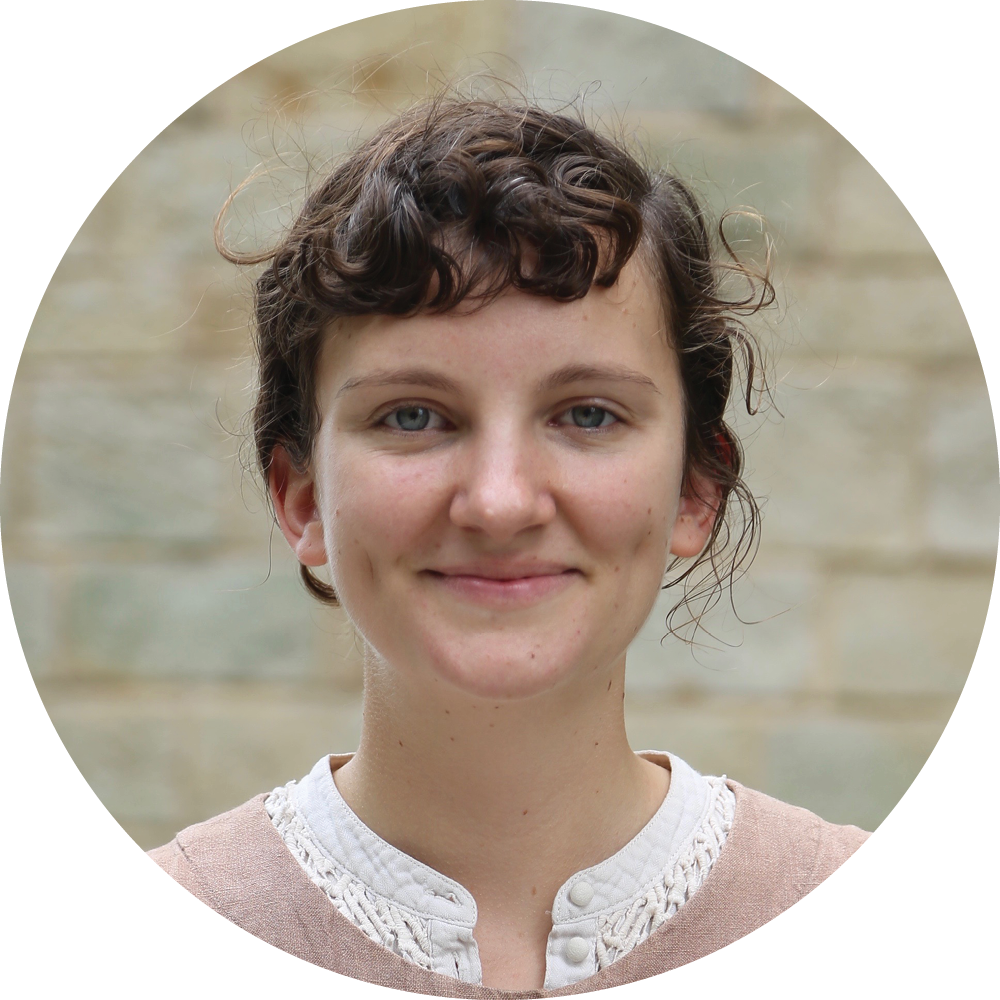
Liz Felker, M.E.Sc.
Political Ecology & Governance The Forests Dialogue, Yale School of the EnvironmentLiz Felker is a social scientist specialized in the political ecology of conservation and restoration. Her research investigates how global environmental governance shapes and is shaped by place-based conservation and restoration processes and local communities’ aspirations. As associate director of The Forests Dialogue (TFD), she specializes in dialogue process design where she brings her training in political ecology and qualitative research to foster social learning and collaborative problem solving. In this role, she oversees TFD’s Land Use Dialogue Initiative supporting landscape dialogue processes in Brazil, the Democratic Republic of Congo, Ghana, Tanzania, and Uganda. She holds a Master of Environmental Science from the Yale School of the Environment.
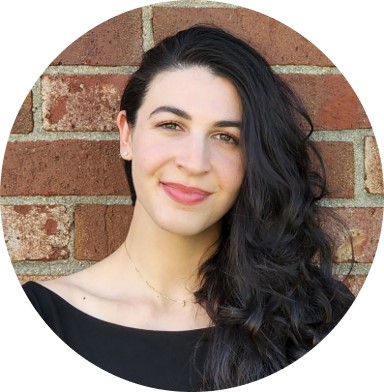
Emi Nicholson, M.S.
Earth Science & Climate Change Environmental Leadership & Training Initiative, Yale School of the EnvironmentEmi is an Earth Scientist with research experience in environmental science, paleoclimatology, and marine and coastal geology. As the online training associate at ELTI, she coordinates the delivery of the Tropical Forest Landscapes online certificate program and the development of new courses and content on climate change. Before joining ELTI, she worked in environmental consulting and remediation in the United States and Caribbean for over six years, and additionally has experience teaching environmental science, geology, and climate change courses. Emi holds a Master of Science in Earth and Planetary Sciences from Rutgers, The State University of New Jersey, and a Bachelor of Science in Geology from Lafayette College.
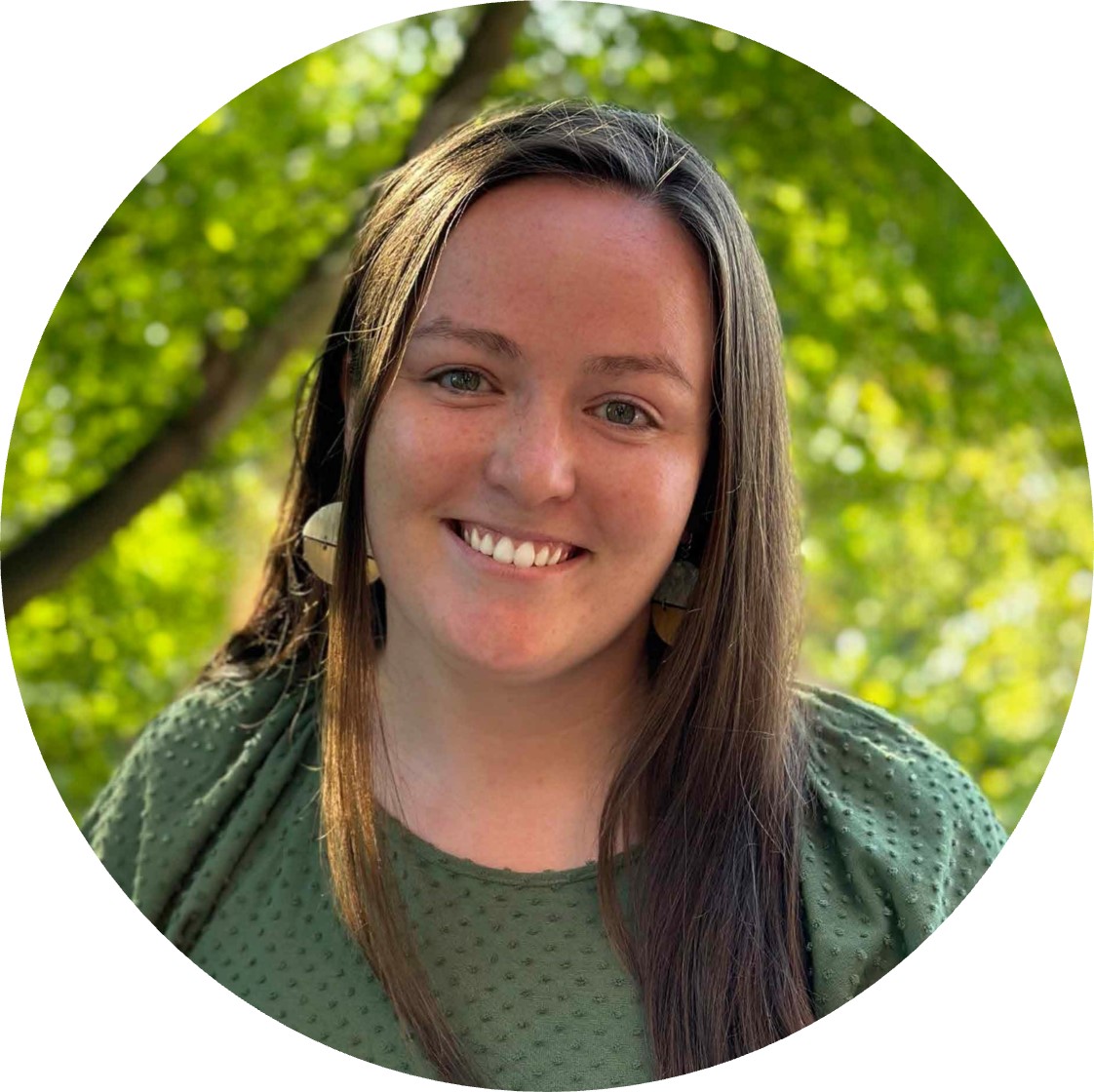
Abby York, B.S.
Natural Resources & the Environment Environmental Leadership & Training Initiative, Yale School of the EnvironmentBased at Yale University, Abby is the online program administrator for ELTI and the Tropical Forest Landscapes online certificate program. She coordinates ELTI communications and data management, and manages admissions, marketing, and recruitment for the Tropical Forest Landscapes online certificate program. Before coming to ELTI, she worked at Washington State University, the town of Branford in the Inland Wetlands and Watercourses department, and for the Connecticut Department of Energy and Environmental Protection. Abby received a Bachelor of Science in Natural Resources and the Environment with a concentration in fisheries and wildlife from the University of Connecticut.
YSE FACULTY & EXPERTS
Faculty from the Yale School of the Environment and other experts integrate theory and practice from multiple disciplines and perspectives.
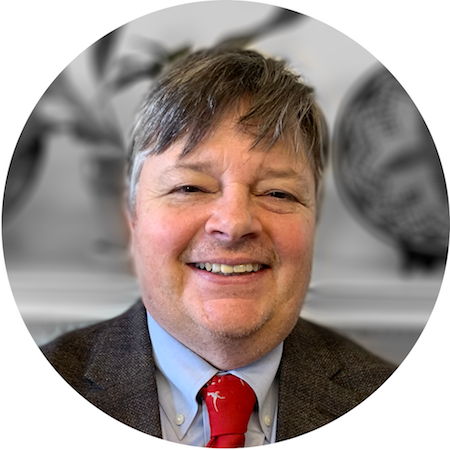
Mark Ashton, Ph.D.
Tropical Forest Restoration & Silviculture Yale School of the Environment“It is exciting to be part of a program that provides such a rich educational experience built around the needs of professionals, landholders and others engaging in tropical forest restoration, conservation and community development."
Dr. Mark Ashton is a Professor of Silviculture and Forest Ecology and Director of School Forests at the Yale School of the Environment. His research focuses on the biological and physical processes governing the regeneration of natural forests and the mechanisms underlying the diversity of forest ecosystems and their adaptability to climate change. He conducts his long-term research in both temperate and tropical forests and has worked in forests from New England to Sri Lanka and from Canada to Panama. He holds a Ph.D. from the Yale School of the Environment.
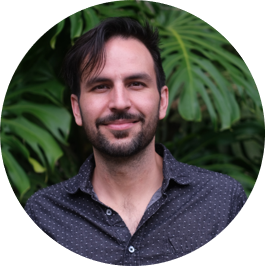
Luke Browne, Ph.D.
Tropical Forest Ecology Yale School of the EnvironmentDr. Luke Browne is an Associate Research Scientist at the Yale School of the Environment and Conservation Director for Fundación para la Conservación de los Andes Tropicales (FCAT). His research focuses on how tropical forests respond to climate change and deforestation, using approaches from community ecology and population genetics. His work with FCAT aims to conserve biodiversity and promote the social and economic well-being of local communities in the Chocó rainforests of northwestern Ecuador.
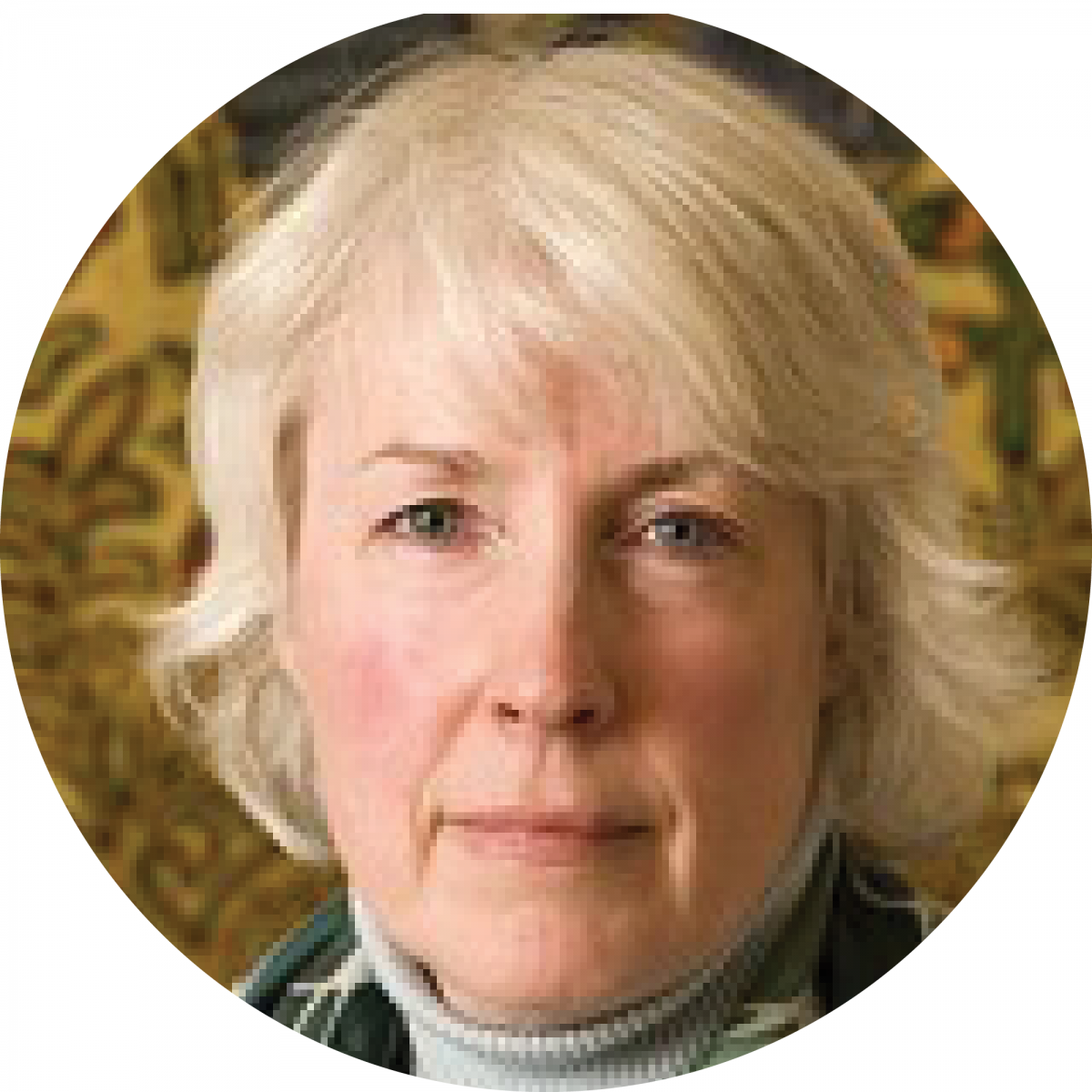
Carol Carpenter, Ph.D.
Social Science of Conservation & Development Yale School of the EnvironmentDr. Carpenter is a Senior Lecturer and Associate Research at the Yale School of the Environment. Her teaching and research interests focus on theories of social ecology, social aspects of sustainable development and conservation, and gender in agrarian and ecological systems. She spent four years in Indonesia engaged in household and community-level research on rituals and social networks. She then spent four years in Pakistan working as a development consultant, primarily on social forestry issues, for USAID, the World Bank, and the Asia Foundation, among others. Her current interests involve the invisibility of women’s economic activities in agrarian households and the implications of this invisibility for sustainable development.
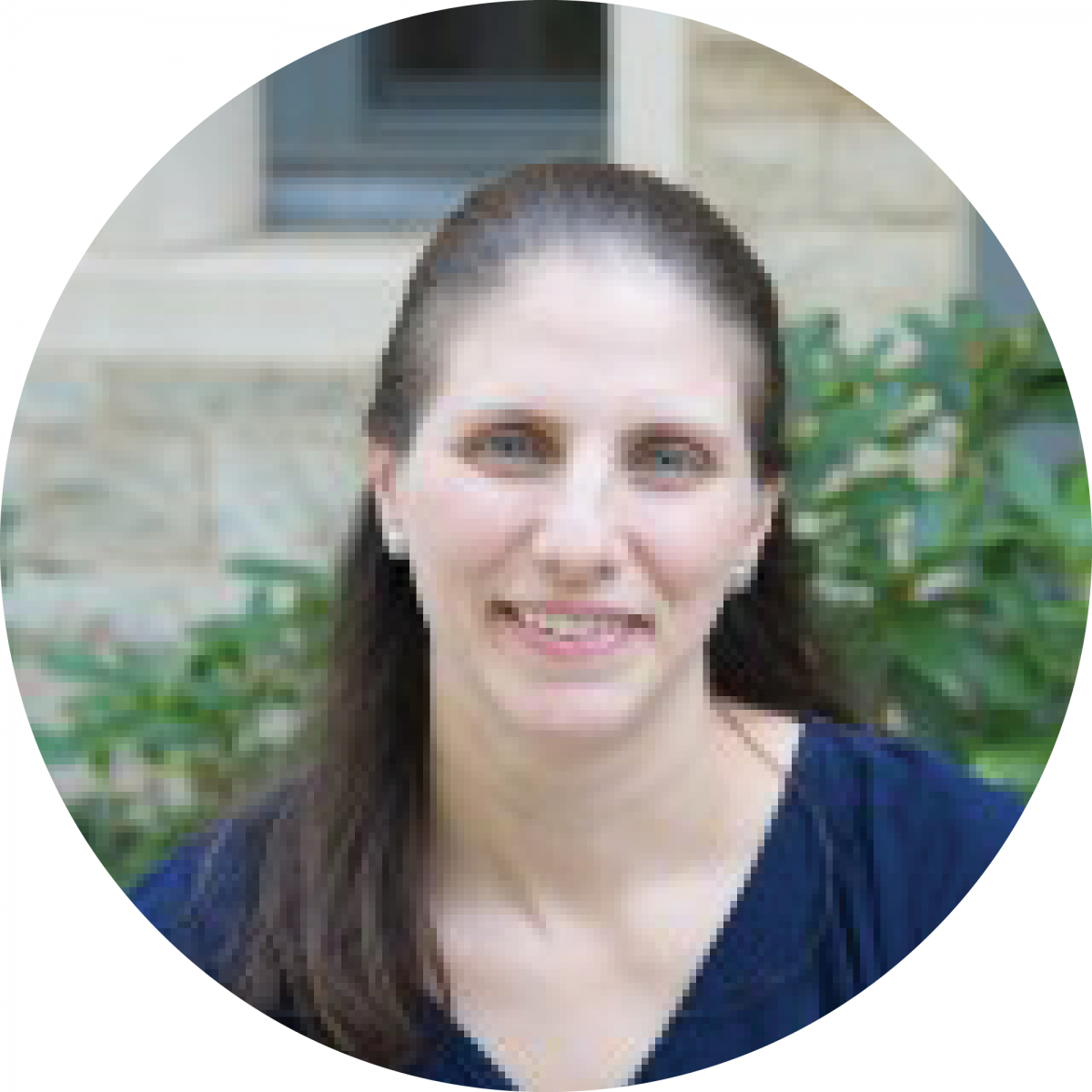
Liza Comita, Ph.D.
Tropical Forest Ecology & Conservation Yale School of the EnvironmentDr. Liza Comita focuses on the ecological mechanisms driving patterns of diversity, dynamics, and species distributions in both pristine and human-altered tropical forests. Her research combines extensive field studies of forest dynamics with cutting-edge statistical techniques to produce novel insights into the processes driving tropical forest regeneration and structuring these diverse ecological communities. Dr. Comita earned a BA in Biology and MA in Conservation Biology from the University of Pennsylvania in 1999 and a PhD in Plant Biology from the University of Georgia in 2006. She joined the faculty of the Yale School of the Environment in July 2014.
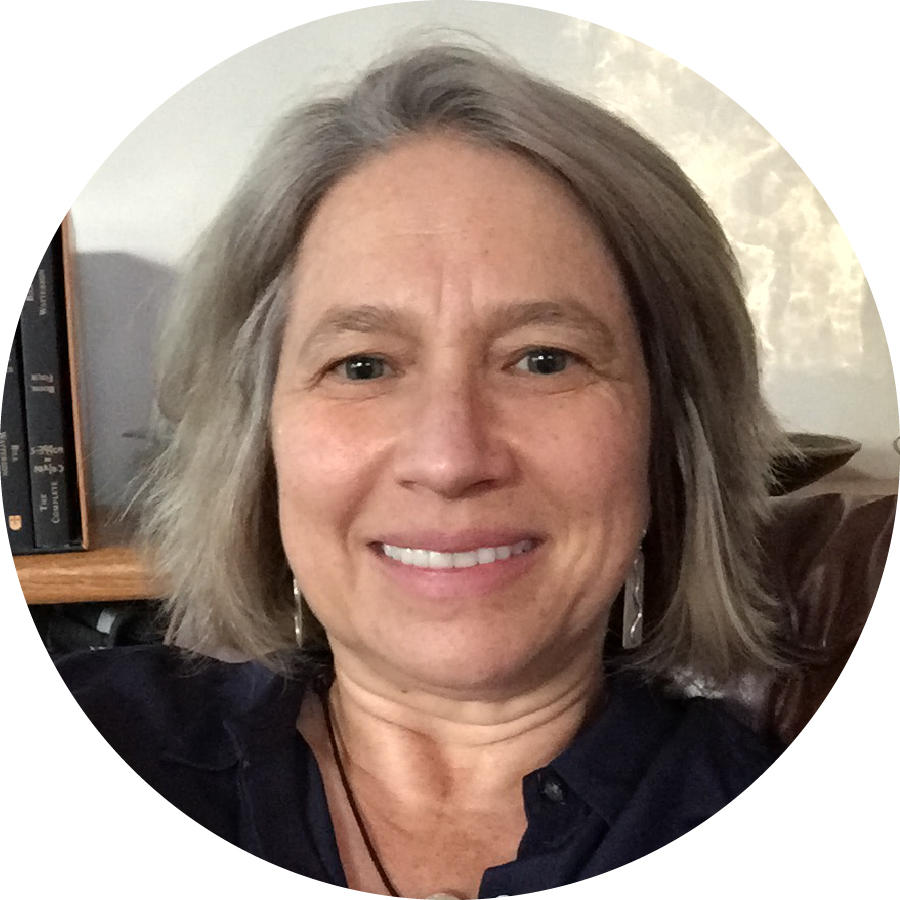
Amity Doolittle, Ph.D.
Social Justice & Natural Resource Management Yale School of the Environment“A wonderful aspect about being involved in a certificate program like this, with such talented conservation practitioners from around the world, is that I get to learn from your experiences about the amazing work being accomplished on the ground."
Dr. Amity Doolittle’s research focuses on property rights and how control over and access to natural resources is defined, negotiated and contested by different stakeholders. She is interested in understanding the social and political processes that result in centuries of social inequities and unequal distribution of the benefits and burdens of natural resources. Her research often takes on a historical approach focusing on issues of legal and cultural pluralism. Her research approach is interdisciplinary, combining perspectives from anthropology, political science, environmental history and political ecology to explore environmental histories, property relations and conflicts over resources use. Her research has been primarily in Southeast Asia, but she has also worked on projects in Costa Rica, Honduras, Panama and Peru. Current research is focused on history of land use change in New Haven, Connecticut.

Eva Garen, Ph.D.
Social Sciences & Conservation Environmental Leadership & Training Initiative, Yale School of the EnvironmentDr. Eva Garen has spent almost twenty-five years working on the social aspects of conservation and development in the tropics. Prior to becoming the Director and Principal Investigator of ELTI in 2012, she was a technical advisor on the social aspects of REDD+ with Conservation International's Science and Knowledge Division. She also worked with USAID’s Forestry and Biodiversity Teams in Washington D.C. as a Science and Technology Policy Fellow with the American Association for the Advancement of Science. For her postdoctoral research in Panama at the Smithsonian Tropical Research Institute, she worked with cattle ranchers and smallholders on issues of native species reforestation and land restoration in human-dominated landscapes. She completed her Master of Environmental Science and Ph.D. at the Yale School of the Environment, with a concentration in social ecology.
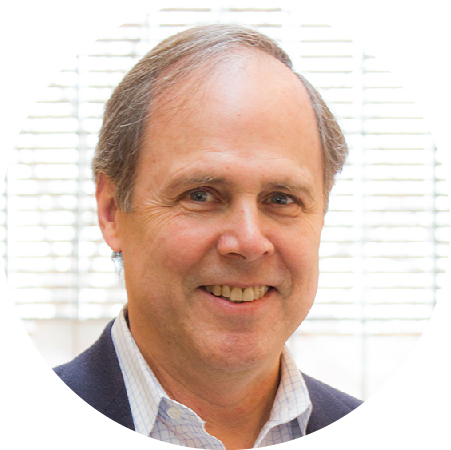
Bradford Gentry, J.D.
Private Investment & the Environment Yale School of the Environment“Forest restoration will be a key part of a more sustainable and resilient future – finding ways to fund those efforts at scale is a key challenge.”
Brad Gentry is the F.K. Weyerhaeuser Professor in the Practice at the Yale School of the Environment and the Yale School of Management, Senior Associate Dean for Professional Practice at the Yale School of the Environment, and a Director of the Yale Center for Business and the Environment. Trained as a biologist and a lawyer, his work focuses on strengthening the links between private investment and improved environmental performance. He has worked on land, water, energy, industrial and other projects in over 40 countries for public (UNDP, World Bank, Secretariat for the Climate Change Convention), private (GE, Suez Environnement, Working Lands Investment Partners), and not-for-profit (Land Trust Alliance, The Trust for Public Land, the Elmina B. Sewall Foundation) organizations. He holds a Bachelor of Arts from Swarthmore College and a Juris Doctorate from Harvard Law School.
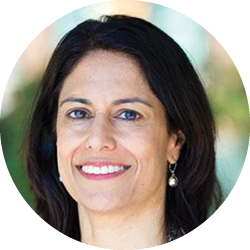
Namrita Kapur, M.E.M/M.B.A.
Private Investment & the Environment Yale School of ManagementNamrita Kapur combines a unique mix of traditional finance skills from her time in investment banking with environmental, social and governance impact assessment experience as a senior leader in the nonprofit space. Currently, she is Lecturer in the Practice at the Yale School of Management and Resident Fellow at the Yale Center for Business and the Environment; advises the National Geographic Society on its philanthropic impact investing strategy; and, consults to several philanthropists, including founders of one of the oldest venture capital firms and of a Fortune 500 company. Namrita began her capital markets focus by launching and leading the alternative energy franchise at the investment bank Adams, Harkness & Hill, now Canaccord Genuity. She is best recognized for being second-in-command in developing the products and platform of Root Capital – an early leader of the impact investing space. As former Managing Director at Environmental Defense Fund (EDF), she built and led EDF’s Sustainable Finance strategy.
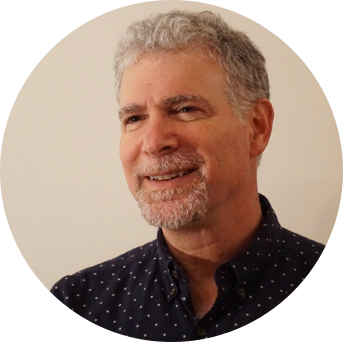
David Meyers, Ph.D.
Conservation Finance Conservation Finance AllianceDr. David Meyers is an environmental finance expert and entrepreneur with more than 25 years of experience in sustainability, business strategy, and management, environmental economics, international conservation and development, environmental impact assessment, training, education and research in ecology and evolution. David has launched and managed various companies including a financial services company providing online marketplaces for impact investing and environmental assets, a triple-bottom-line bamboo-flooring manufacturer in Madagascar, and a technology incubator. David has spent well over a decade in Madagascar and has worked in 46 countries. In Madagascar, he helped the country plan and execute a tripling of the area under conservation, including establishing the Makira Natural Park 370,000 hectare protected area using REDD+ financing. He holds a Doctorate in Biological Anthropology and Anatomy from Duke University and an MBA from the Yale School of Management.
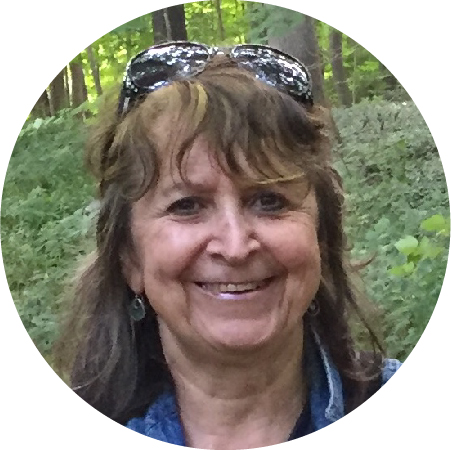
Florencia Montagnini, Ph.D.
Agroforestry, Restoration & Biodiversity Yale School of the Environment“I am excited about being involved in this certificate program, as it represents an opportunity to share my knowledge and experience with a broad audience of qualified professionals around the globe, in manners that transcend the standard, conventional classroom teaching. On-line teaching opens up new and exciting possibilities of closely interacting with students that otherwise would be difficult to reach. It also offers flexibility to accommodate needs and tight time schedules of each.”
Dr. Florencia Montagnini has over 30 years of experience researching and teaching about the sustainability of managed ecosystems in the tropics, such as forest, tree plantations and agroforestry systems, with a special emphasis on Latin America. Her work encompasses sustainable land-use systems that integrate ecological principles with economic, social and political factors; the principles and applications of forest landscape restoration; the reforestation of degraded lands with native species; identification and quantification of ecological services (biodiversity, carbon sequestration and watershed protection); organic farming using indigenous resources; biodiversity conservation in human-dominated landscapes; biodiversity islands. She received her doctorate from the University of Georgia and, since 1989, has worked as a professor and researcher at the Yale School of the Environment, as well as the Tropical Agriculture Research and Higher Education Center (CATIE). She has written 11 books and around 200 scientific articles about the ecology of tropical forests, agroforestry systems, native species reforestation and forest restoration.
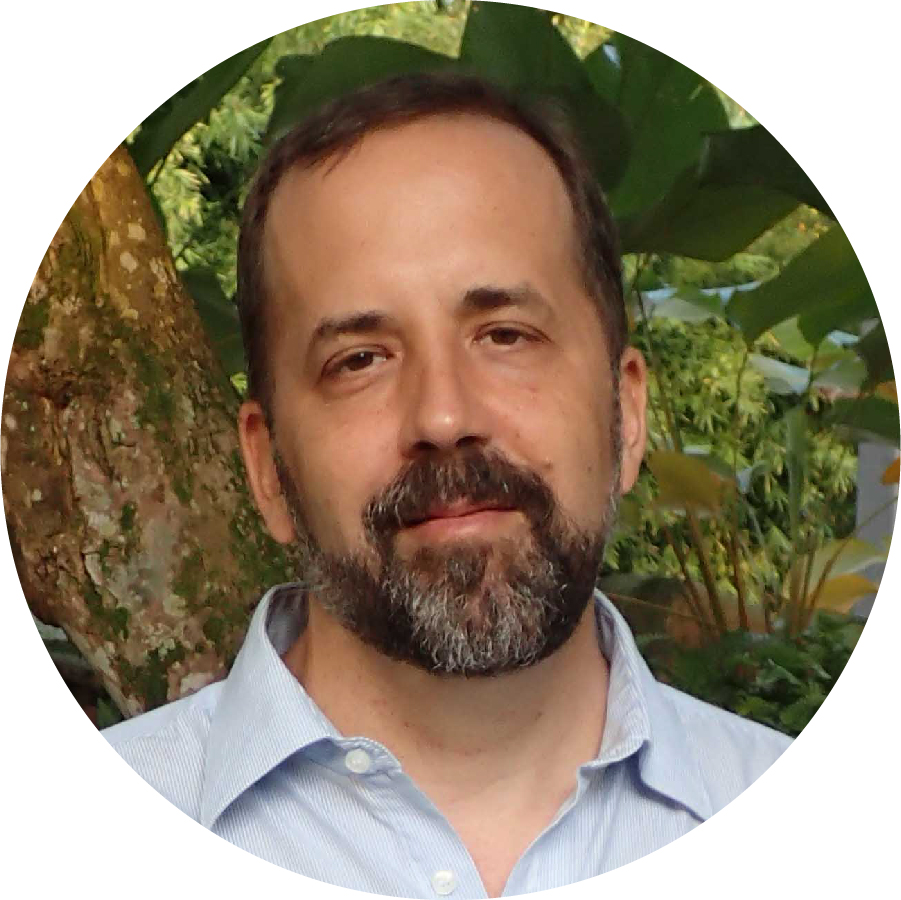
David Neidel, Ph.D.
Environmental Anthropology World Agroforestry CentreDr. David Neidel has been with ELTI since its Asia Program launched in 2008. He is currently based with the World Agroforestry Centre in the Philippines and was previously at the National University of Singapore and Yale-NUS College. Prior to joining ELTI, he was a Visiting Professor at the Monterey Institute of International Studies, where he taught environmental science and policy, environmental conflict management and ecological restoration. He has lived in Southeast Asia for over 16 years. In addition to his time in Singapore, he spent six years in Indonesia where he conducted his dissertation research on park-community conflicts and settlement archaeology in the Kerinci Seblat National Park in central Sumatra. He holds a Ph.D. from the joint program in Environment and Anthropology at Yale University.
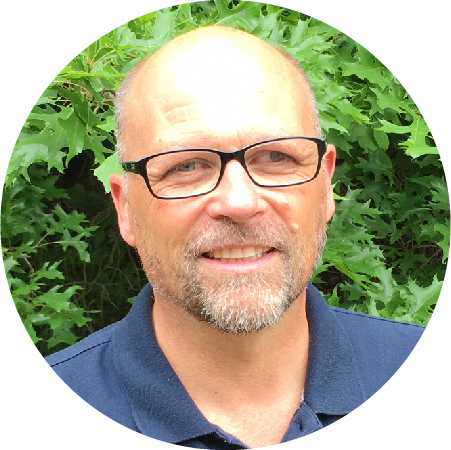
Oswald ‘Os’ Schmitz, Ph.D.
Biodiversity & Ecosystem Ecology Yale School of the Environment“This represents a wonderful opportunity to advance science-based conservation and management of tropical ecosystems.”
Dr. Os Schmitz is the Oastler Professor of Population and Community Ecology, in the Yale University School of the Environment. His research aims to make sense of nature’s complexity that comes from interdependencies among the variety of carnivore, herbivore, decomposer and plant species within ecosystems. The insights are used to teach about stewardship to enhance the sustainability of ecosystem functions and services. He holds a Ph.D. from the University of Michigan.
.jpg)
Amy Vedder, Ph.D.
Ecology & Applied, Field-Based Conservation Yale School of the Environment“It is great to be part of the ELTI certificate program team: I enjoy contributing my practical experience from the field of forest conservation, but at the same time I am fortunate to learn constantly from the diverse group of practitioners who enroll in the program. They – you - are our future."
Dr. Amy Vedder has worked in applied conservation for more than 30 years, integrating ecological and social science as a basis for conserving wildlife and wildlands. She has conducted ecological research, launched wildlife and forest conservation projects, managed large field programs, consulted for the Global Environment Facility & USAID and served in senior positions at the Wildlife Conservation Society and The Wilderness Society. Dr. Vedder currently teaches in the graduate program of the Yale School of the Environment, focusing on the practice of international conservation. During her free time she hikes & kayaks the forests of the Adirondack mountains with three generations of her family.
STUDENT AND POST-GRADUATE FELLOWS
Our student and post-graduate fellows assist in many aspects of the certificate program, including course delivery, alumni relations, and communications.
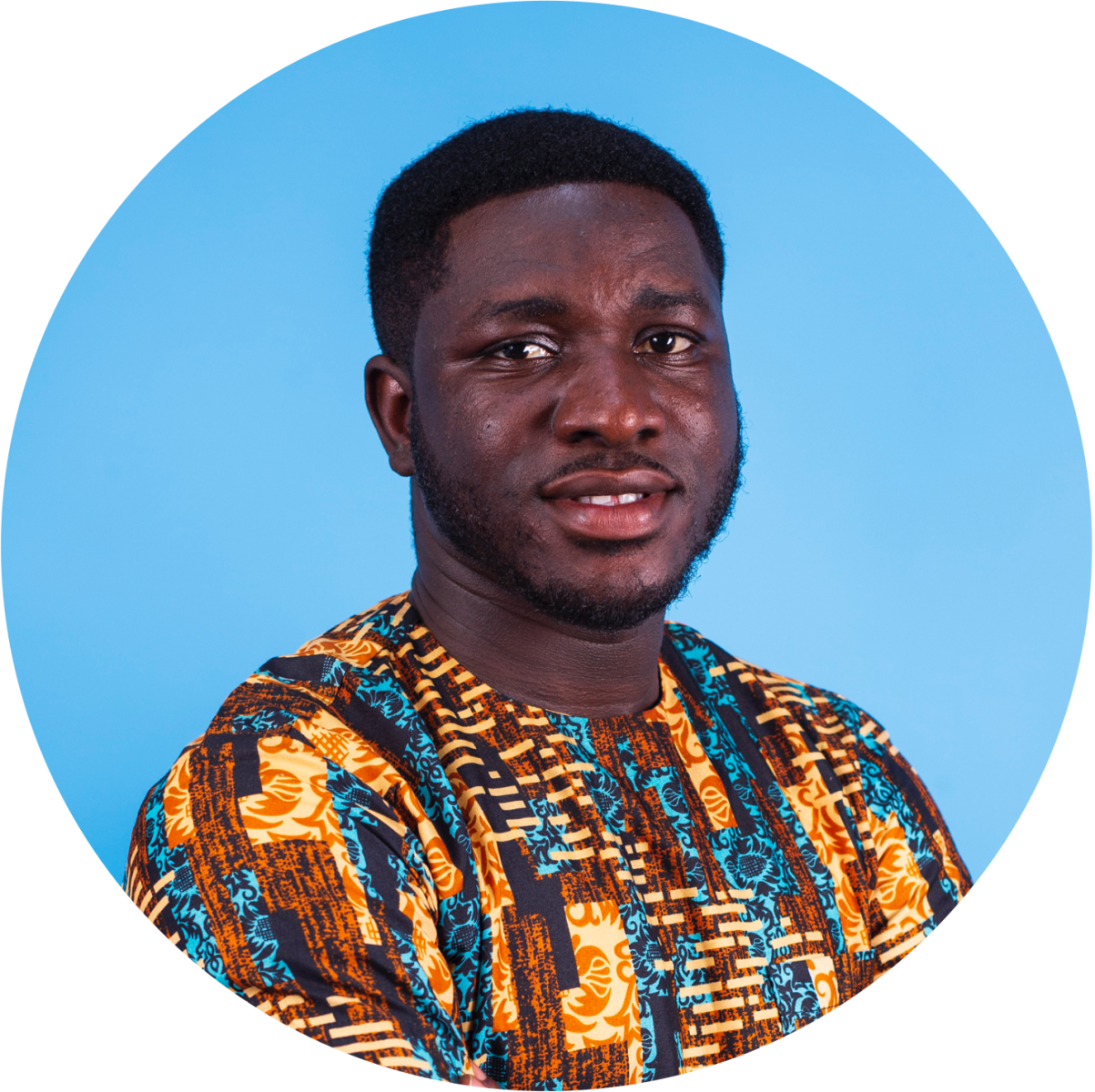
Fredrick Addai, M.F.
Post-graduate Associate Environmental Leadership & Training Initiative, Yale School of the Environment
Fredrick is a recent Master of Forestry graduate from the Yale School of the Environment. His studies at Yale were focused on Tropical Forest Restoration and Agroforestry. He was born and raised in Kumasi, Ghana, West Africa, and attended the Kwame Nkrumah University of Science and Technology. Prior to attending Yale, Fredrick worked with Perseus Mining Ghana Limited as a Reclamation Officer. He currently has a chapter, “The Contribution of Agroforestry to Biodiversity and Food Sovereignty in Ghana,” which will be published in the latest edition of the book “Integrating Landscapes: Agroforestry for Biodiversity Conservation and Food Sovereignty.”
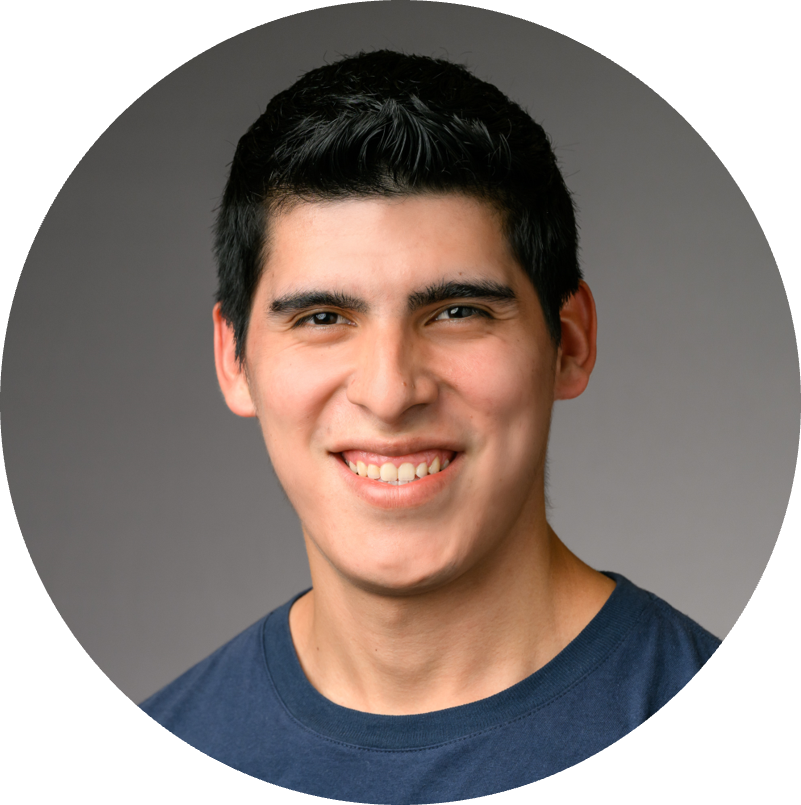
Mario Caller Castro, M.E.Sc. Candidate
Student Fellow Environmental Leadership & Training Initiative, Yale School of the Environment
Mario is a Master of Environmental Science candidate at the Yale School of the Environment. He holds a Bachelor of Science in Biology from the Universidad Peruana Cayetano Heredia, Peru. During the past years, he has worked as a research assistant in the Peruvian Amazon, evaluating the ecological impacts of gold mining in the Amazon rainforest and conducting his bachelor’s thesis on an indigenous people's health project in collaboration with the Duke Global Health Institute. While at Yale, Mario will investigate the current impacts of hunting pressure on wildlife and indigenous communities' food security in Manu National Park. At ELTI, Mario is a research fellow working on the Tropical Resource Library.
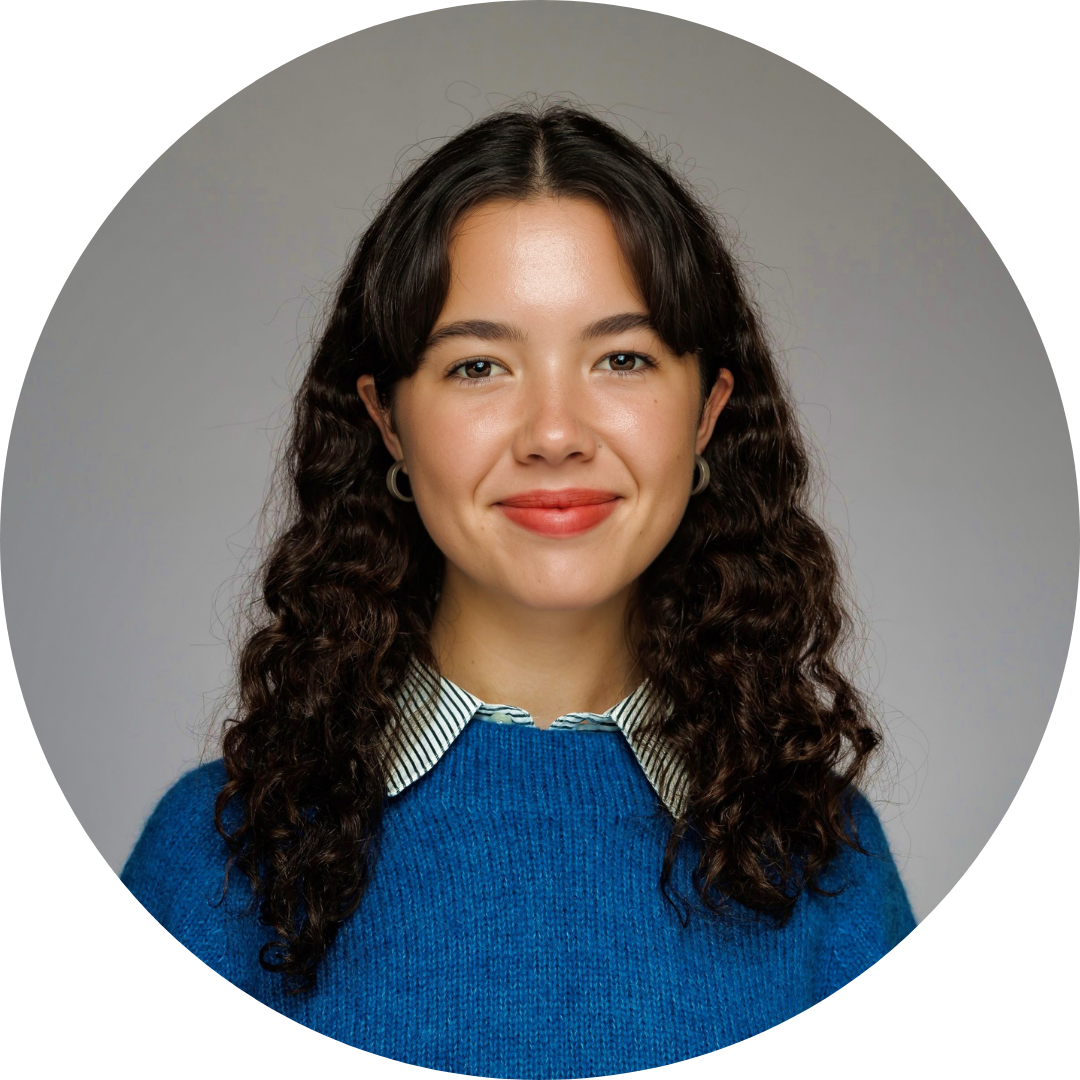
Laurenz Dodge, M.E.M. Candidate
Student Fellow Environmental Leadership & Training Initiative, Yale School of the Environment
Laurenz is a Master of Environmental Management candidate at Yale School of the Environment, specializing in ecosystem management and conservation with a focus on sustainable food systems. Prior to Yale, she worked in Los Angeles, blending community building with urban food system transformation and regenerative agriculture. With experience in consulting and landscape restoration, Laurenz is dedicated to advancing climate-resilient agricultural practices. She is currently involved with ELTI to support online learning in tropical forest restoration and agroforestry. Laurenz holds a Bachelor of Science in Environmental Science and Policy from Chapman University.
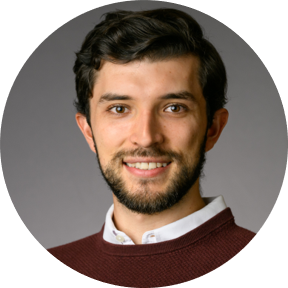
Jorge Forero, M.E.M. Candidate
Student Fellow Environmental Leadership & Training Initiative, Yale School of the Environment
Jorge is a Colombian student in the Master of Environmental Management program at the Yale School of the Environment. He is passionate about ecosystem management, conservation and working with communities in rural areas to achieve a responsible and sustainable use of natural resources. Prior to attending Yale, Jorge worked at Innovations for Poverty Action Colombia as a Research Analyst on the impact evaluation of two projects promoting socio-emotional and quantitative skills in early childhood education. Jorge holds a BA in Economics and a BA in Business Administration from Universidad de Los Andes, Colombia.
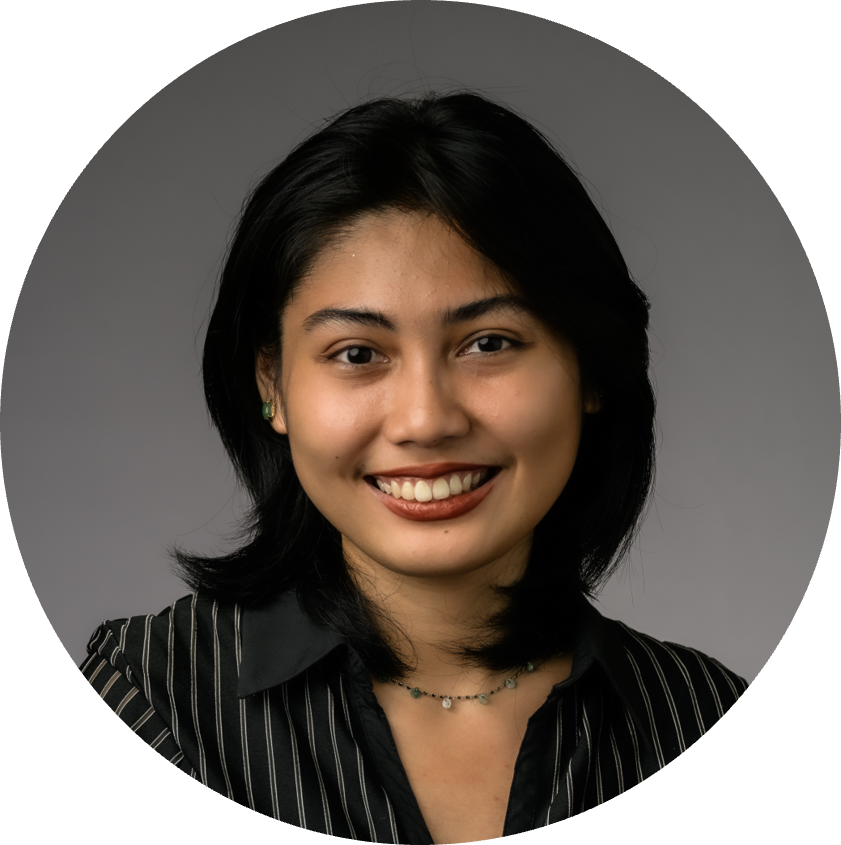
Airi Gaven, M.E.M. Candidate
Student Fellow Environmental Leadership & Training Initiative, Yale School of the Environment
Airi Gavan is a Master of Environmental Management candidate at the Yale School of the Environment. She completed her Bachelor of Science in Environmental Science degree at Visayas State University, Baybay City, Leyte. Her motivation is to explore the nexus of science, management, and policy, focusing on community-based forest management as a nature-based solution. Prior to Yale, she was as a Monitoring and Evaluation Officer in the Department of Environment and Natural Resources (DENR) Region VIII Office in Tacloban City, Philippines. Her work included collecting socioeconomic data from People’s Organizations (POs) involved in the Community-Based Forest Management—Comprehensive Agrarian Reform Program (CBFM-CARP) projects. In her role at ELTI, she develops or review articles and stories of environmental leaders in the tropics, highlighting their dedication and innovative approaches of restoration and promotion of sustainable agricultural practices.
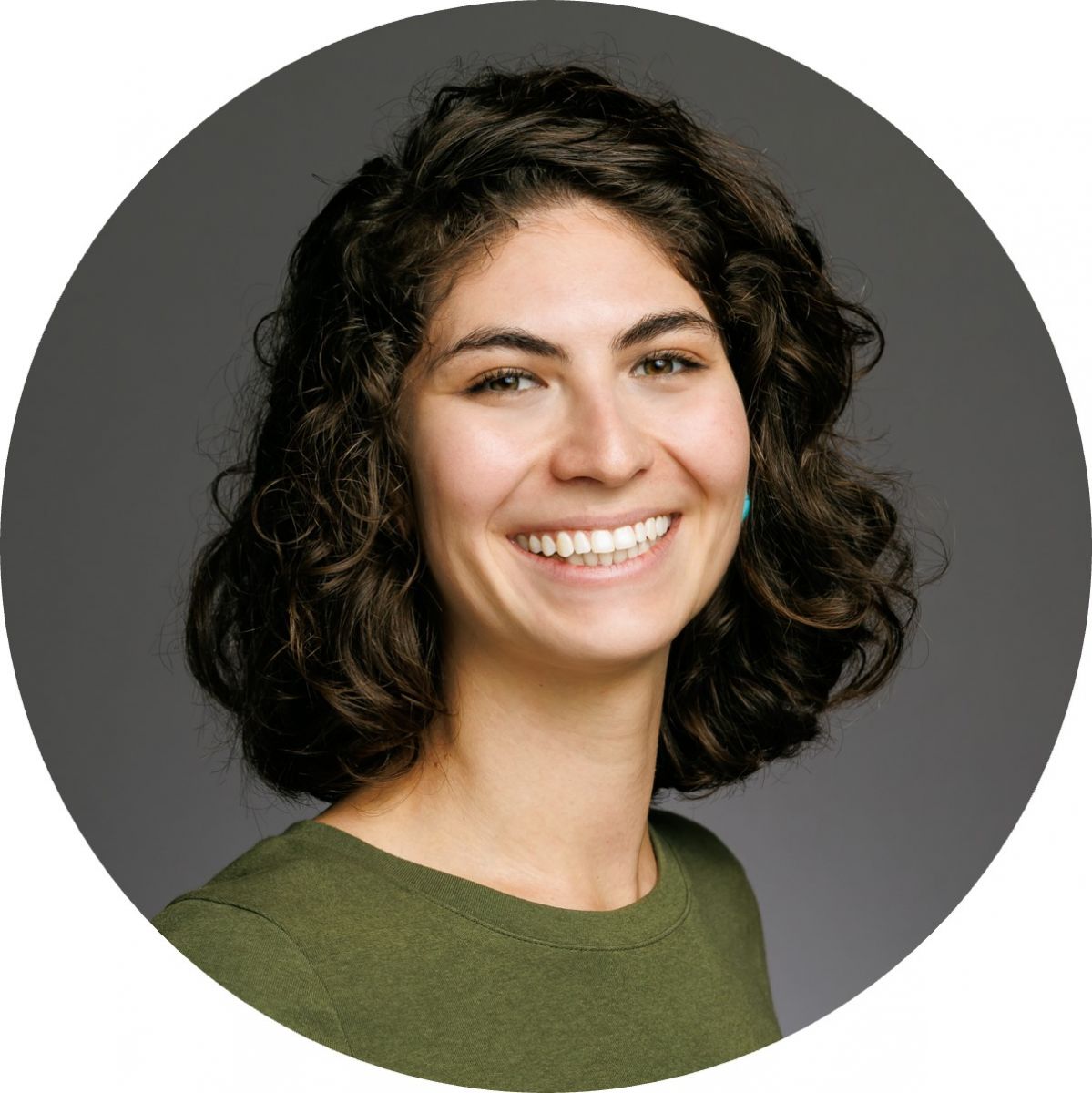
Nicole Israel-Meyer, M.E.M. Candidate
Student Fellow Environmental Leadership & Training Initiative, Yale School of the Environment
Nicole Israel-Meyer is a Master of Environmental Management candidate at the Yale School of the Environment. She is passionate about the intersection between climate change adaptation, conservation, and sustainable development. Nicole has experience working in the field in Paraguay and Alaska, in policy work with the Scientific Technical Advisory Panel to the Global Environment Facility, and as a project associate on a USAID-funded global biodiversity conservation project. She holds a BA in Global Environmental Change and Sustainability and a double minor in Earth and Planetary Studies and Engineering for Sustainable Development from Johns Hopkins University. Nicole is working on reviewing and advising ELTI’s monitoring and evaluation activities.
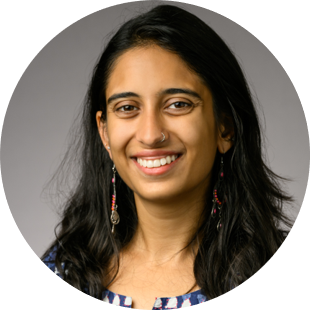
Ananya Rao, M.E.Sc. Candidate
Student Fellow Environmental Leadership & Training Initiative, Yale School of the Environment
Ananya Rao is a Master of Environmental Science candidate at the Yale School of the Environment. She holds a Bachelor of Arts degree in Anthropology from Ashoka University, India. She has worked on issues of community forest rights management and augmenting forest-based livelihoods in Central India and on restoration of degraded agricultural and commons land in Southern India. Her areas of interest are indigenous forest rights, agrarian change, and the use and governance of natural resources. While at Yale, she will be studying the impact of forest fragmentation on land-use and livelihood change in India. At ELTI, Ananya is an Online Course Teaching Fellow for the Tropical Forest Landscapes Online Certificate Program.
.png)
Stefanía Sibille Grández, M.E.M. Candidate
Student Fellow Environmental Leadership & Training Initiative, Yale School of the Environment
Stefanía Sibille Grández is a second-year Master of Environmental Management candidate at the Yale School of the Environment. She is focusing on nature finance, tropical forest restoration, and conservation. Before Yale, she worked on knowledge management for climate finance, environmental impact assessment and biodiversity offsetting, and primate conservation in Latin America. She holds a B.Sc. in Biology from La Molina Agrarian University (Peru) and a certificate from the Tropical Forest Landscape program of the Environmental Leadership Training Initiative (ELTI). At ELTI, Stefanía is an Online Teaching Fellow for the Tropical Forest Landscapes Online Certificate Program Funding Course.

Felipe Storch de Oliveira, M.E.M. Candidate
Student Fellow Environmental Leadership & Training Initiative, Yale School of the Environment
Felipe is a second-year Master of Environmental Management candidate at the Yale School of the Environment, specializing in Environmental Policy Analysis and Ecosystem Management and Conservation. Felipe combines courses in policy and ecology to assess payment for ecosystem services, building on the recent work as a G20 Fellow at Brazil’s Ministry of Environment and Climate Change. Before YSE, Felipe worked at the consulting firm the Palladium Group, the United Nations Agency for Refugees (UNHCR), and at the Brazilian NGO Instituto SocioAmbiental (ISA). He holds a BA in Economics and Environmental Studies from Franklin & Marshall College and an MBA in Finance Management from Fundação Getúlio Vargas (FGV-IBRE). At ELTI, he is a Carbon Fellow supporting the organization of curriculum aimed at carbon credit market and buyers. Felipe is a Co-Chair for the Yale Chapter of the International Society of Tropical Foresters (ISTF) 2025 Conference and member of the Science Panel for the Amazon (SPA) Youth Advisory Panel.
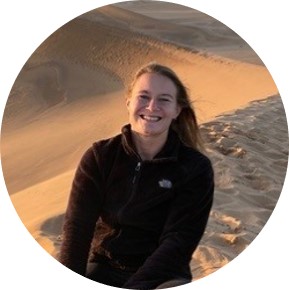
Samantha Tracy, Ph.D. Student
Student Fellow Environmental Leadership & Training Initiative, Yale School of the Environment
Samantha is a PhD student at the Yale School of Environment studying the physiological and biochemical responses of amphibian populations to environmental stressors. She has previously worked in diverse geographical contexts from Botswana to Alaska, with varied interests in ecosystem management, species preservation, biodiversity, and pollution impacts. Prior to attending Yale, Samantha was a Fulbright Research Fellow at the Okavango Research Institute in Maun, Botswana focusing on PFAS contamination in the Okavango Delta. She also has experience working at the Region 1 EPA office where she interned in the Industrial Wastewater Permits Division. She holds a MS in Environmental Health from the Harvard T.H. Chan School of Public Health and a BS in Biology and BS in Psychology from the University of North Carolina at Charlotte.
Guest Contributors
Participants also learn from over 50 different global experts, through video lectures, case studies and live sessions. Our roster of guest contributors is constantly evolving to ensure that participants have direct access to the most current, relevant and practical ideas in the field.
